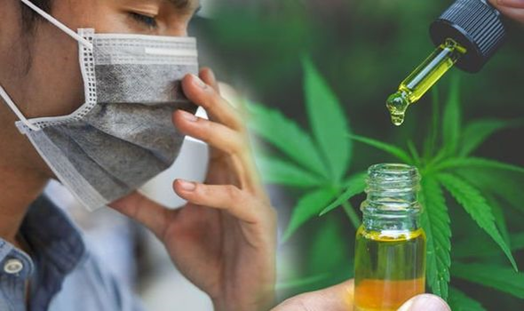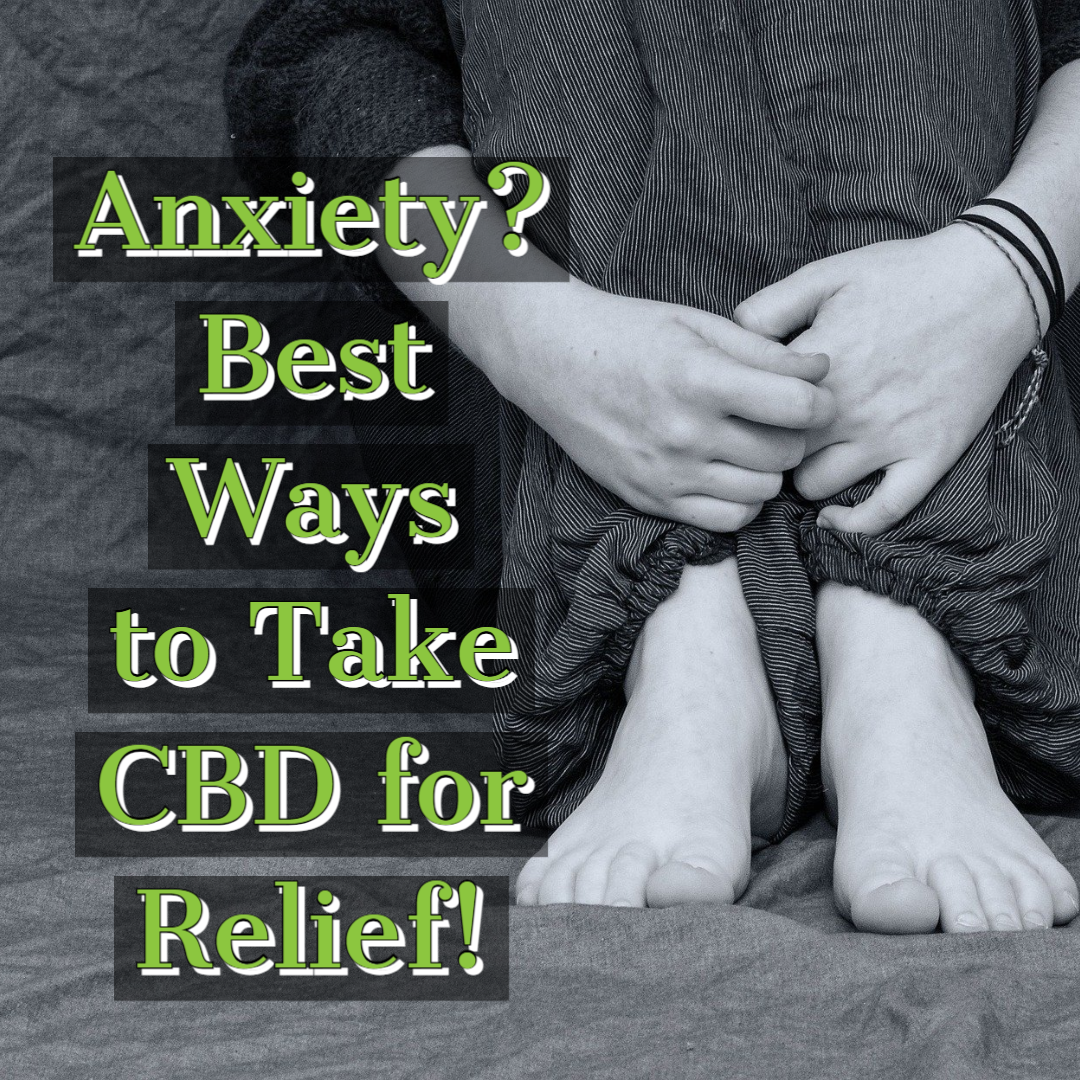What is colitis?
Colitis is inflammation in your colon, which is the main part of your large intestine. Your colon is the last leg of the journey your food takes through your digestive system. Inflammation in your colon can affect the way this journey ends, causing pain, diarrhea and sometimes blood in your poop. Inflammation is your body’s response to infection or injury. It causes swelling and tenderness in your tissues. This discomfort may be mild and reoccurring over a long period of time, or severe and appearing suddenly. Let’s look in what CBD/CBG is and how it helps with Colitis.
What is CBD and CBG?
Cannabidiol (CBD) and Cannabigerol (CBG) both have their own unique medical benefits, and when used together, you can get the best of both worlds as well as an interesting entourage effect. CBD and CBG are non-psychoactive compounds, meaning they will not produce the “high” feeling associated with THC. Just like CBD, the potential benefits of CBG are vast due to its interaction with the endocannabinoid system (ECS). The ECS refers to receptors found throughout the body, and these CB1/CB2 receptors help regulate physiological processes such as pain, mood, sleep, digestion, and more. Cannabinoids like CBD, THC, and CBG bind to these receptors, interacting with these different areas of human health and bring homeostasis (balance) to the body.
Studies have found that CBG can potentially help with pain, depression, insomnia, anxiety, colon cancer, IBS, Crohn’s, inflammation, and much more. Some of the benefits of CBG overlap with CBD but when combined they produce an entourage effect. The entourage effect happens when CBD is ingested with other compounds from the cannabis plant like CBG, rather than in isolation. The theory is that by using the whole hemp plant rather than a singular aspect, there is a boost in the health benefits and overall therapeutic effect of cannabinoids.
How can CBD/CBG help with Colitis?
Cannabinoids, like CBD, express their therapeutic effects in the body through receptors in the ECS. The two primary endocannabinoid receptors are the CB1 and CB2 receptors. CB1 receptors are primarily distributed on neural tissue and the central nervous system. CB2 receptors mediate the functions concerning the immune system. A study in 2001 mentioned that CB1 receptors are said to play a role in controlling gastrointestinal motility and gastric intestinal secretion. This statement is supported by at least two studies on mice, which demonstrated that CB1 and CB2 receptors are crucial in modulating colonic inflammation.
Although both CB1 and CB2 receptors are considered mediators of inflammation in the ECS, the CB2 receptor seems to be the primary regulator of inflammation and immune functions. When CB2 receptors are activated, they trigger a response which fights inflammation in the body. This anti-inflammatory reaction is said to help treat chronic inflammatory diseases, one of which is colitis. In addition to relieving intestinal inflammation, CBG may also help relieve any pain or discomfort through its analgesic properties. This might make it a great option for stomach aches as well.
Best way to take CBD/CBG for Colitis?
Now that we have learned that CBD/CBG may help reduce inflammation and pain caused by Colitis, we can now focus on the best way to consume it. CBG is best consumed orally by eating a gummy or using CBD Oil in a capsule, smoothie, or drink. This is due to CBG connecting to your CB2 receptors which oversee the motility, pain, and inflammatory response within your intestines. Consuming CBG orally allows it to be processed via the digestive system which is where the relief is needed most.






Leave A Comment
You must be logged in to post a comment.